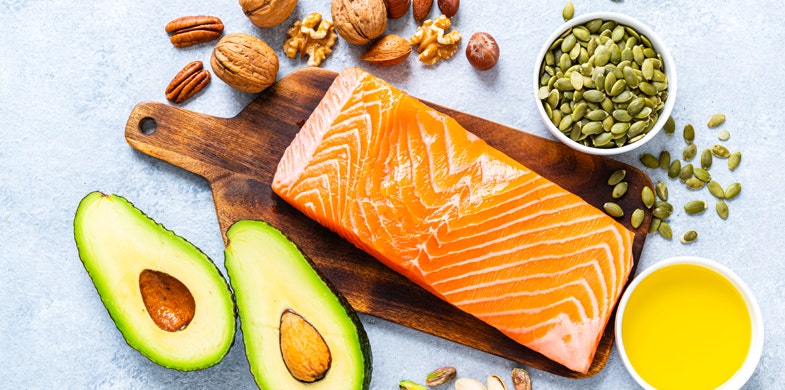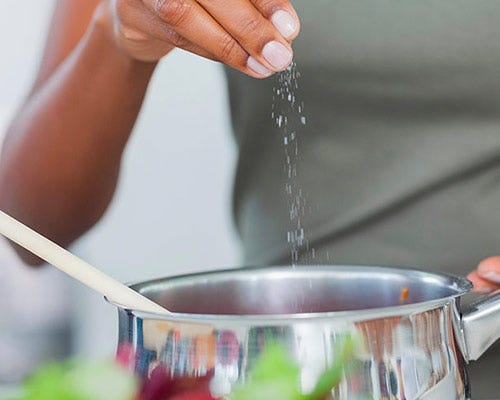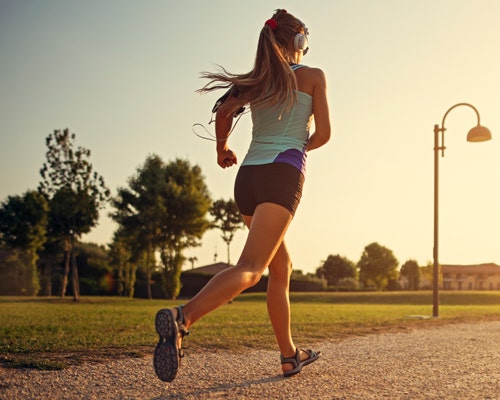Iron: An All Important Mineral
- 4/20/15


by Dawn Thorpe Jarvis, M.S., R.D., L.D.N.
Garden of Life® Senior Director of Nutrition Science & Educational Content
Are you getting enough iron? If not, then you need to. Here’s why it’s so important.
Iron is a mineral found in every human cell—essential for growth, development and normal cellular functioning. Although iron has many important functions, including making certain hormones, collagen and neurotransmitters, one of its most important functions is making hemoglobin, which carries oxygen from the lungs around the body to the cells to produce energy. Iron is also needed for myoglobin, another iron-transporting protein carrying oxygen to muscles, including the heart.
If you don’t have enough iron, then your body cannot make sufficient healthy red blood cells, resulting in iron deficiency anemia, where red blood cells become smaller and hemoglobin levels in the blood are low. Iron deficiency anemia is the most common nutritional deficiency in the world, occurring most often in menstruating females, pregnant women and older toddlers. Symptoms of iron deficiency include tiredness due to a lack of oxygen in the tissues and lack of energy production, resulting, over time, in extreme fatigue, body temperature dysregulation and brain and immune system impairment.
So, how much iron is needed daily? That depends on age, gender and overall health. Infants and toddlers need more iron than adults because their bodies are growing quickly. In childhood, boys and girls need the same amount, but during teen years, requirements increase, with girls needing more due to menstrual losses. Adult women (ages 19-50) need 18mg of iron daily, whereas men and non-menstruating women require 8mg daily. During pregnancy, a woman’s blood volume increases significantly and iron requirements increase to 27mg per day.
Now for some iron-packed foods to enjoy! There are two types of iron found in food: heme iron, which is absorbed two-to-three times better and includes foods such as red meat—especially organ meat such as liver, poultry and fish. If you ask, "Is liver good for you?" the answer is: yes. Sources of non-heme (plant) iron foods include dried beans and peas, legumes, nuts and seeds, curry, whole grains, dark molasses and green leafy vegetables.
Iron supplements can be helpful for vegans and vegetarians who don’t consume meat or seafood, and others at risk for anemia, including people with poor diets or low appetite. Women who are pregnant should take an iron supplement under their obstetrician’s or health practitioner’s guidance. And know this: foods rich in vitamin C help with iron absorption, whereas calcium supplements interfere with iron absorption and should be taken at a separate time from iron supplements.
Iron—an important mineral you need to get enough of!
Note: Children should be given iron supplements “only” under medical supervision to avoid overdosing resulting in iron poisoning. Regular blood checks are recommended for anyone who is at risk of anemia.




